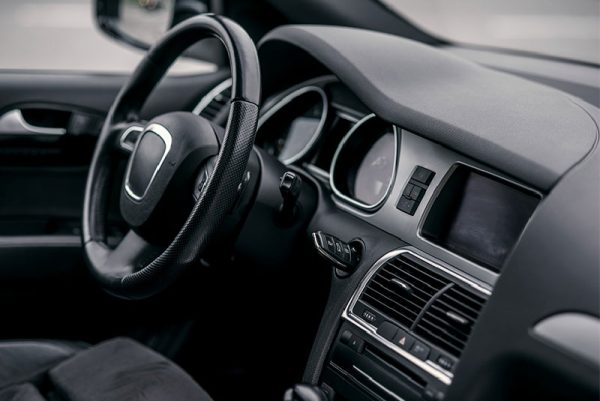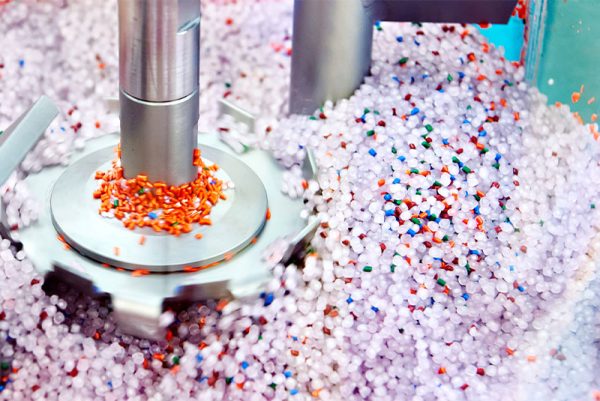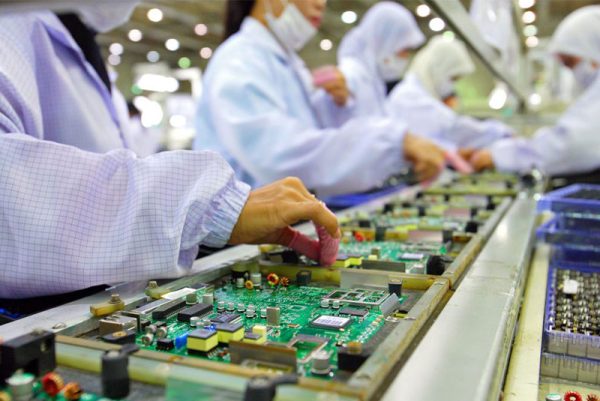Polymeric materials have become increasingly popular in the automotive industry due to their unique properties and versatility. These materials have revolutionized the way we design and manufacture automobiles, making them safer, more efficient, and more environmentally friendly.
Polymeric materials are used in a variety of automotive applications, including:
1. Exterior Components
Polymer-based materials are used extensively in the exterior components of vehicles, such as bumpers, fenders, and body panels. These components need to be lightweight, durable, and able to withstand impact and weathering. Polycarbonate and polypropylene are commonly used for these applications, as they offer excellent impact resistance and dimensional stability.
2. Interior Components
Polymeric materials are also used extensively in the interior components of vehicles, such as dashboard panels, door panels, and seat components. These components need to be lightweight, durable, and able to withstand wear and tear. Polyurethane foam and polyvinyl chloride (PVC) are commonly used for these applications, as they offer excellent comfort, durability, and flexibility.
3. Electrical Components
Polymeric materials are also used in the electrical components of vehicles, such as wiring harnesses and connectors. These components need to be lightweight, durable, and able to withstand high temperatures and electrical currents. Polyethylene and polypropylene are commonly used for these applications, as they offer excellent electrical insulation and chemical resistance.
4. Fuel System Components
Polymeric materials are also used in the fuel system components of vehicles, such as fuel tanks and fuel lines. These components need to be lightweight, durable, and able to withstand exposure to fuels and other chemicals. Polyethylene and polypropylene are commonly used for these applications, as they offer excellent chemical resistance and dimensional stability.
5. Tires
Polymeric materials are also used in the manufacturing of tires. Synthetic rubbers, such as styrene-butadiene rubber (SBR) and butadiene rubber (BR), are commonly used for the tread and sidewalls of tires. These materials offer excellent durability, flexibility, and resistance to wear and tear.
In conclusion, polymeric materials have become an integral part of the automotive industry due to their unique properties and versatility. They offer lightweight, durable, and cost-effective solutions for a variety of automotive applications. As technology advances, we can expect to see even more innovative uses of polymeric materials in the automotive industry.
Currently, there is fierce competition among manufacturers of plastic materials for car interior parts. ABS is one of the most widely used polymers used in car interior parts. Although new materials such as PC/ABS alloys by Dcw Chemical and Bayer (with the brand name BayBlend) have been widely used in applications such as dashboards and interior mirror frames and some interior car parts. These alloys have the characteristic of various coloring by various colored masterbatches, which has caused the growth of their use in domestic applications.
In general, the relationship between the automobile industry and polymers is essential, because polymers have helped revolutionize the manufacturing of automobiles and made them more efficient, durable, and affordable.




